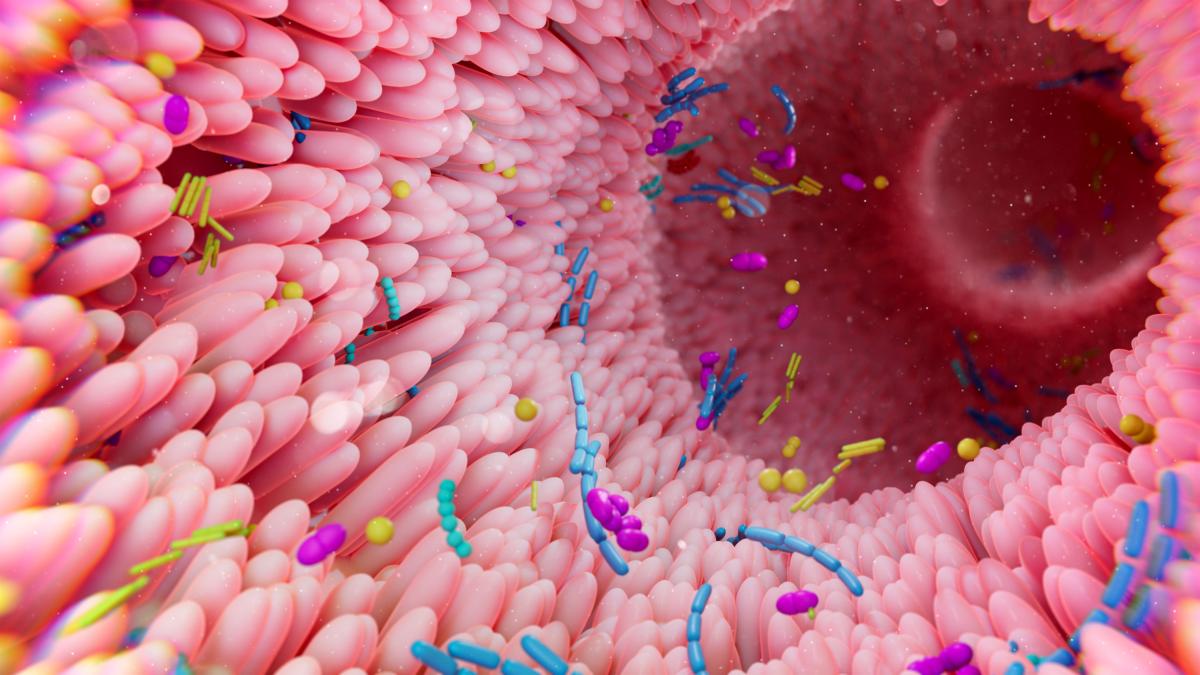New study reveals hideout of deadly sexually transmitted infection

Researchers from the Technical University of Berlin and the Julius-Maximilians-University of Würzburg have discovered that chlamydia can use the human intestine as a niche. persist and reactivate. The discovery, published in the journal PLOS Pathogens, suggests that people can become reinfected with the same strains of chlamydia after successful antibiotic treatment.
A team led by Thomas Rudel, director of the Department of Microbiology at the JMU Biocenter, used intestinal organoids, structures created in the lab from human intestinal cellsto mimic the behavior of the intestine. These organoids showed that The inner cell layer is very resistant to chlamydial infection if the epithelium is not damaged. However, bacteria can also effectively become infected through blood.
Rudel explained that “It is reasonable to assume that bacteria find a niche in the body where they are invulnerable, forming a permanent reservoir and later reactivating.“While this phenomenon has not yet been confirmed in clinical studies, the researchers are planning future studies to determine whether chlamydia selects certain cell types for its persistence.
This discovery could have had meimportant for the treatment of chlamydial infections, because this suggests that bacteria may evade the effects of antibiotics by hiding in the gut.
